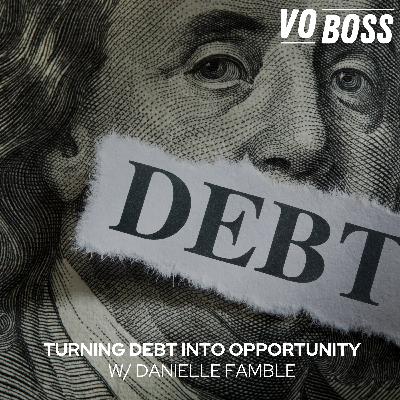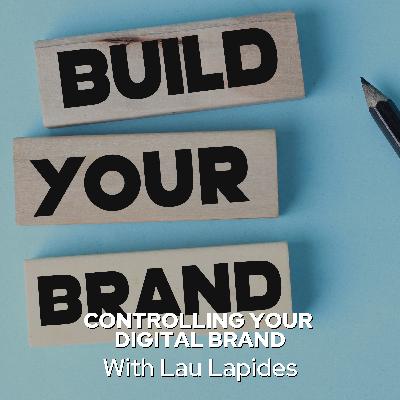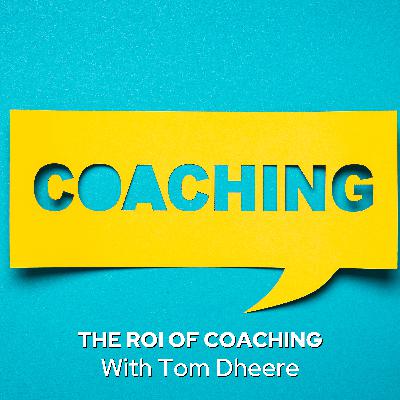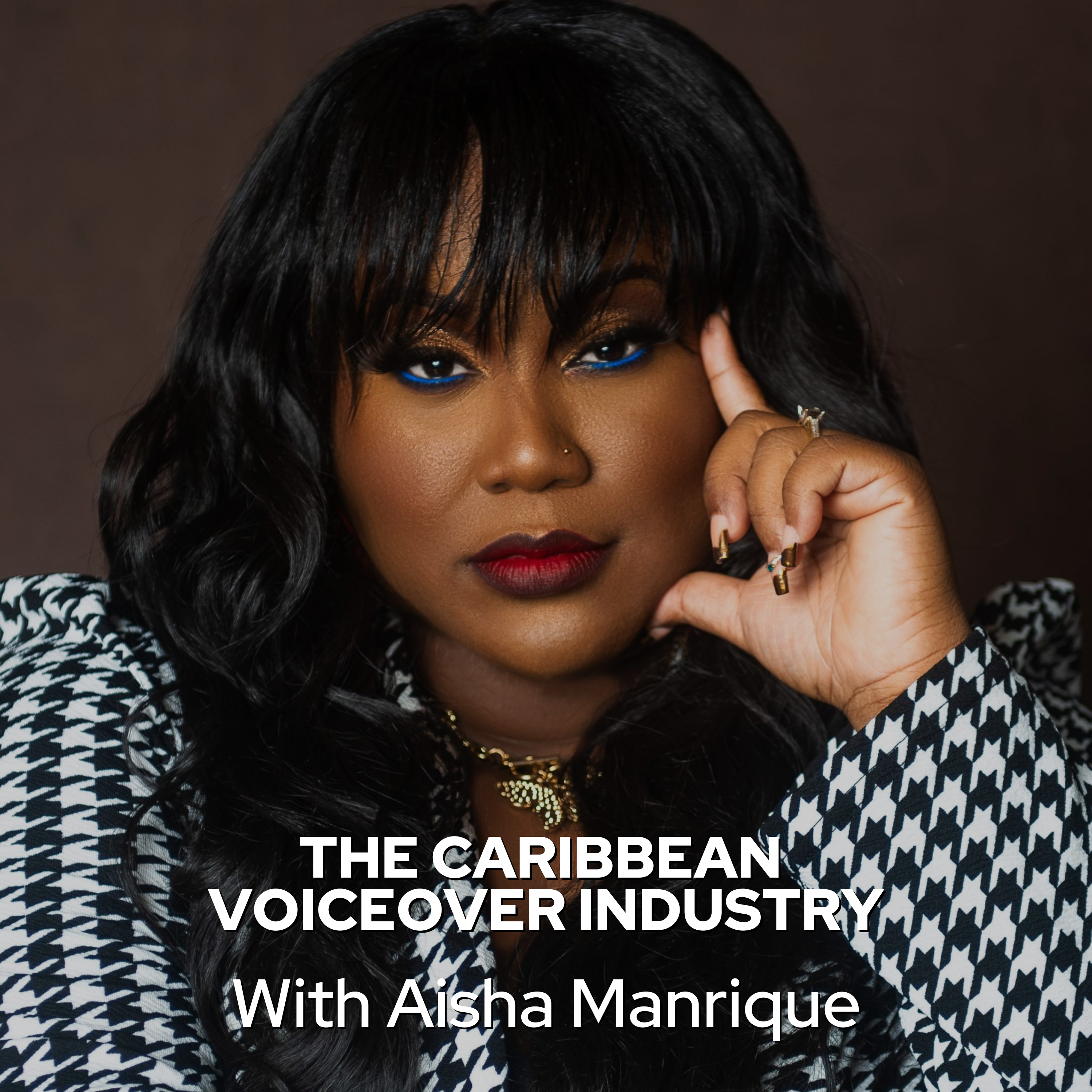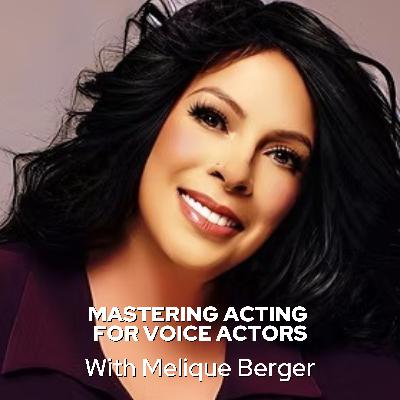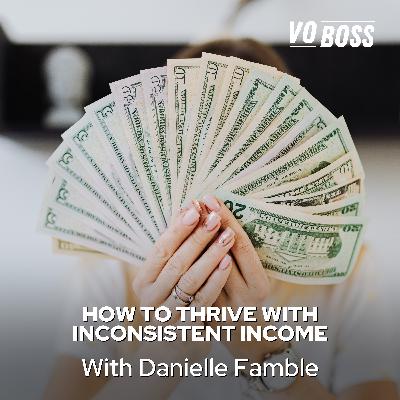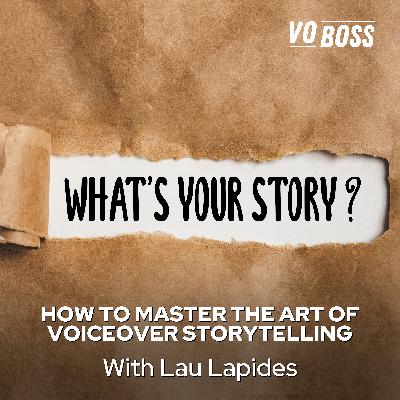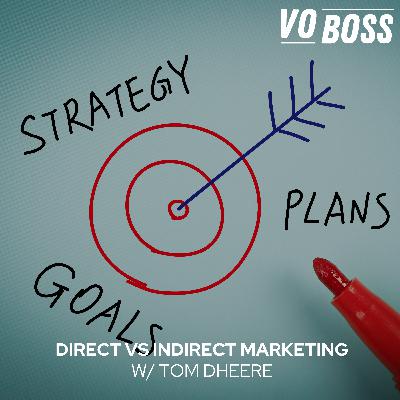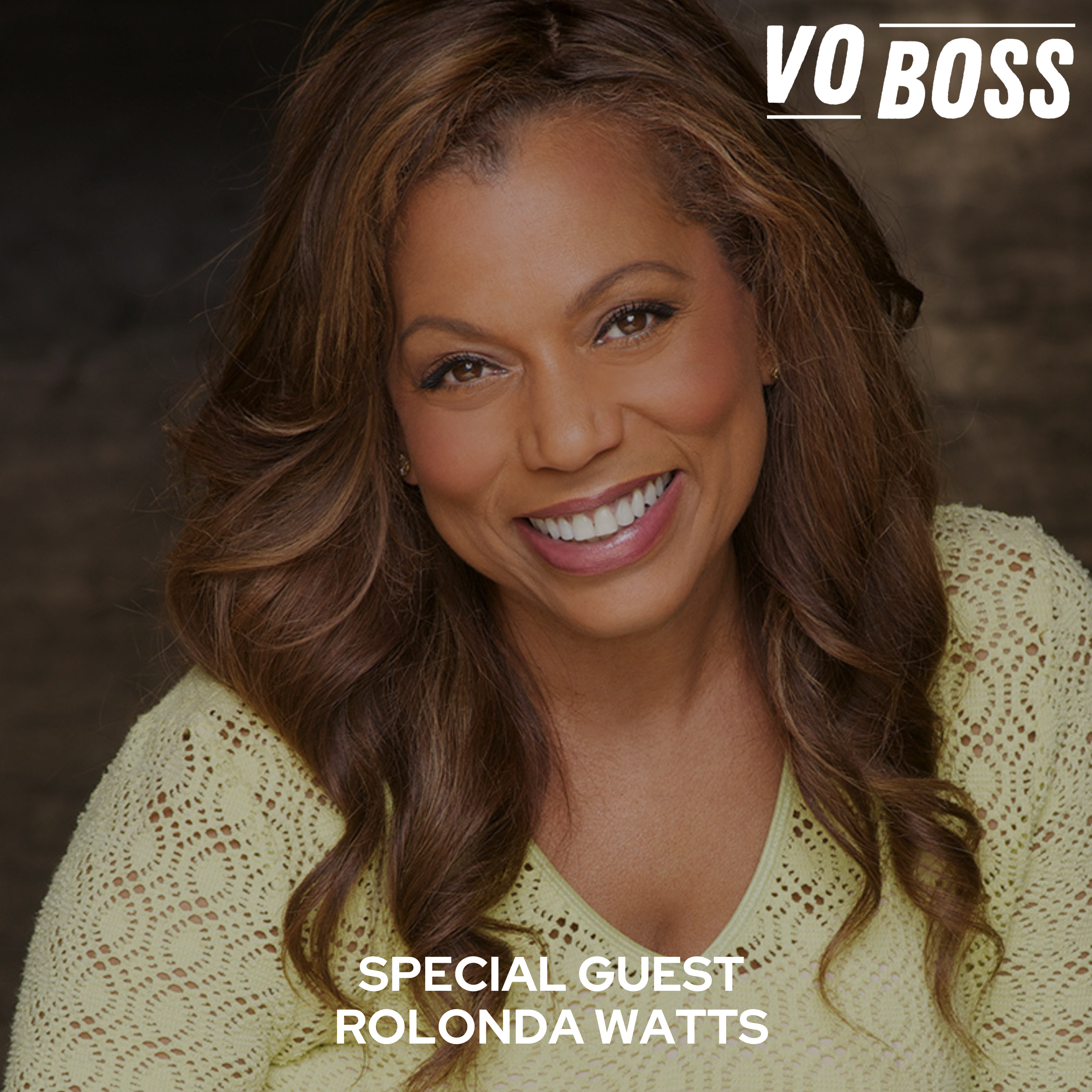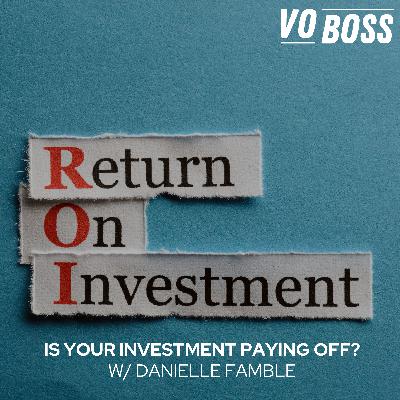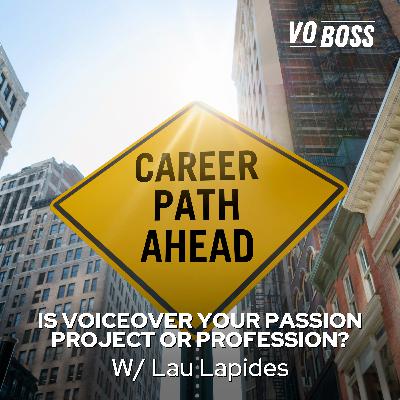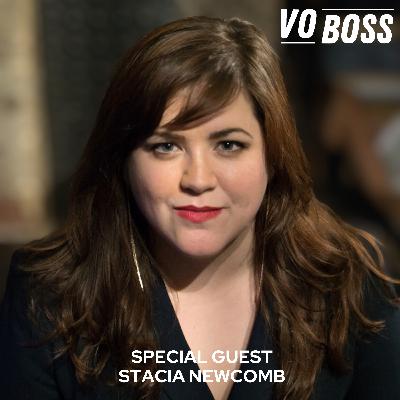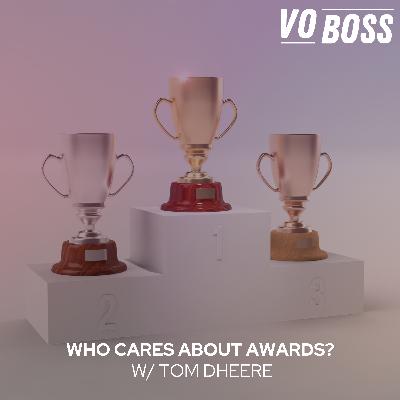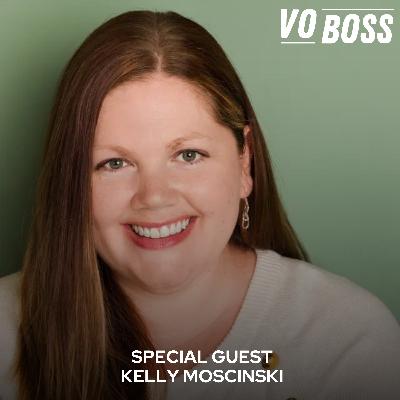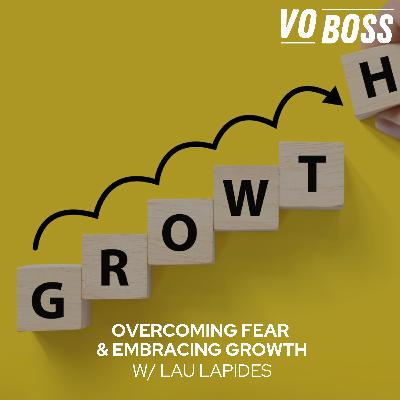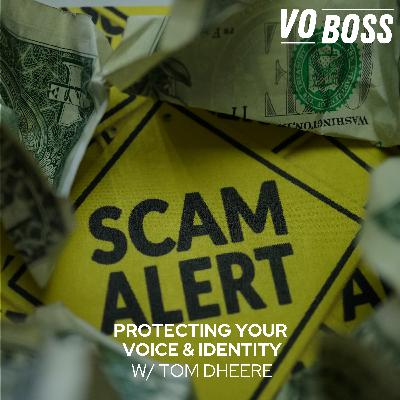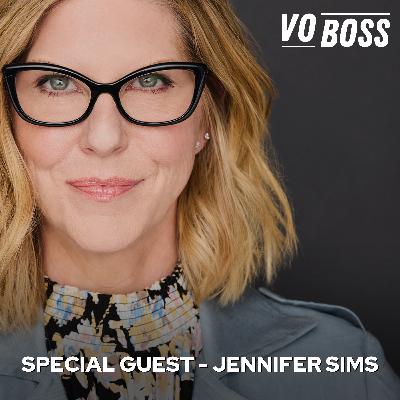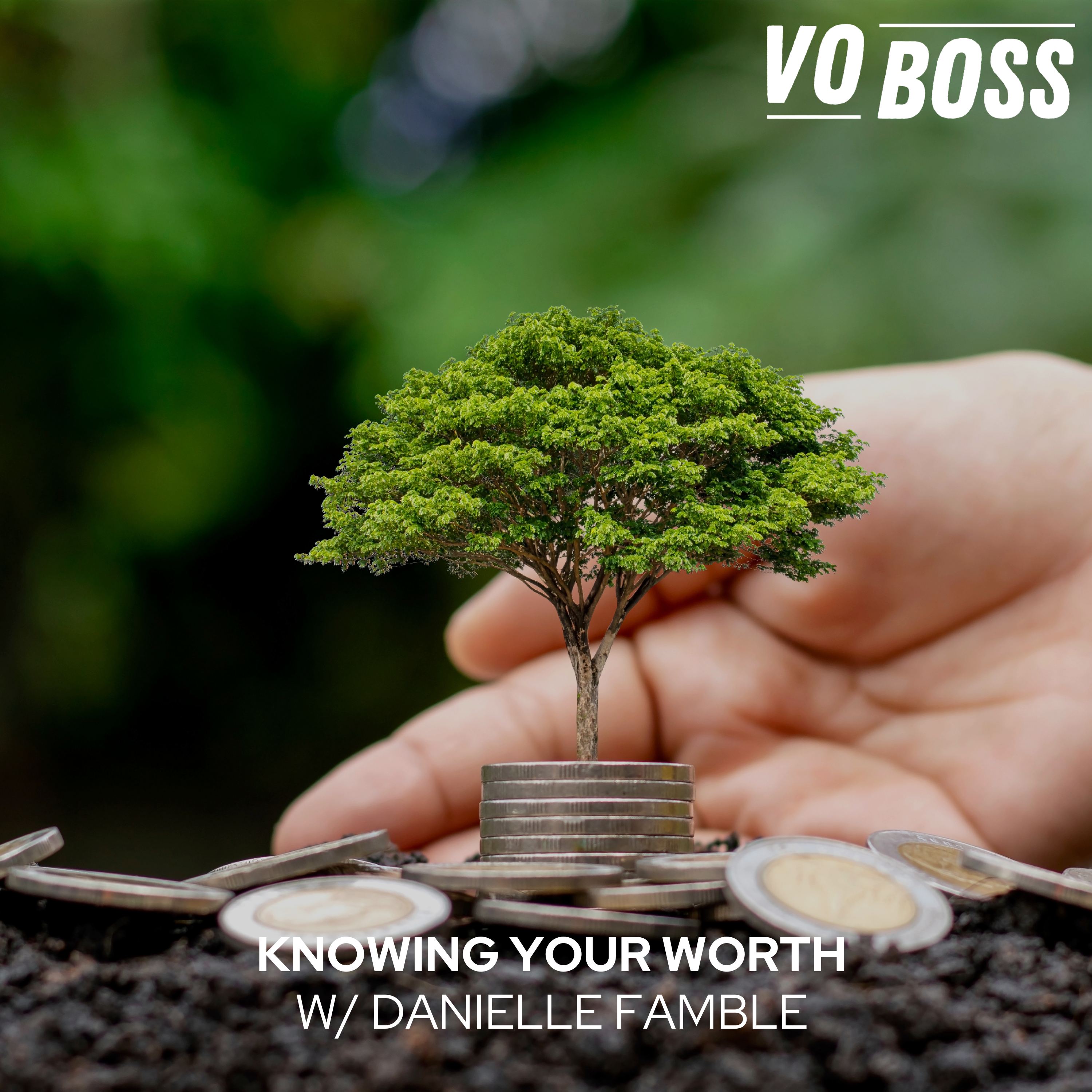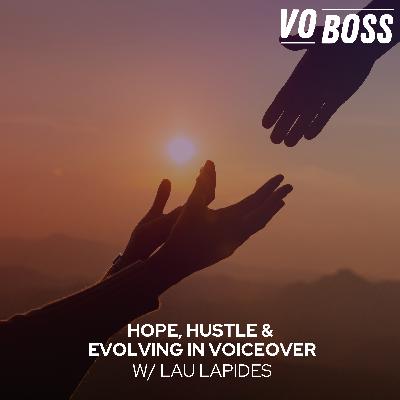Turning Debt Into Opportunity
Description
BOSSes Anne Ganguzza and Danielle Famble tackle a crucial and often uncomfortable topic for voiceover professionals: money and debt. Prompted by Danielle's recent experience with an unexpected studio investment due to a flood, they delve into whether voice actors should go into debt to fund their careers. This episode explores personal relationships with debt, strategic financial planning, and the importance of financial literacy in building a sustainable voiceover business. They emphasize distinguishing between impulsive spending and calculated investments, advocating for a data-driven approach to financial decisions.
00:00 - Anne (Host)
Hey bosses, Anne Ganguzza here. Are you ready to take the next step in your voiceover career? At Anne Ganguzza Productions, I specialize in target marketed coaching and demo production that gets you booked. If you're thinking about elevating your performance or creating an awesome demo, check me out at anneganguzza.com.
00:21 - Speaker 2 (Announcement)
It's time to take your business to the next level, the boss level. These are the premier business owner strategies and successes being utilized by the industry's top talent today. Rock your business like a boss a VO Boss. Now let's welcome your host, Anne Ganguzza.
00:40 - Anne (Host)
Hey everyone, welcome to the VO Boss Podcast. I'm your host, Anne Ganguzza, and you are here with the Boss Money Talk series, and I am here with Danielle Famble. I am so excited, Danielle. It's been so long I feel like it's been an age since I've spoken to you. Hey.
00:56 - Danielle (Host)
But it was just last month. Yeah, I know it hasn't been that long, but it's good to be back.
01:01 - Anne (Host)
Yay, and you know talking about. One of our favorite subjects is money, money, money, money. And speaking of, I noticed you're in a sparkly new booth there, oh, this whole thing it looks like a.
01:12 - Danielle (Host)
Studio Bricks. To me this is a Studio Bricks One Plus booth and I've had it for a little while now and, yeah, it's great.
01:23 - Anne (Host)
Well, having investigated those studios myself, I do know that's quite an investment it is quite the investment.
01:31 - Danielle (Host)
It is an investment that I took quite a long time to get to. It was not an impulse buy, but it was a purchase of necessity.
01:41
Sad news is my apartment flooded and I lost my previous apartment and also booth along the way, and so it was time to get a new booth, and I knew exactly what I wanted to get. Is there insurance for that sort of thing, like for my apartment? And so it was. My previous booth was reimbursed essentially the cost of that booth, but it was not. It was a less expensive booth than this one, obviously, so there was a delta that I had.
02:16 - Anne (Host)
So you do have. Yeah, so you did. You did have some, you did have some recovery money for that but you know, it, it. It poses an interesting question. You know you, it seems to, I did yes voiceover talent. Or should you know people that want to get into the voiceover industry go into debt to pay for something like a booth or to pay for their entrance into the industry? I think that would be a good topic to chat about.
02:54 - Danielle (Host)
Yeah, that's really interesting. I mean, you hit the nail on the head for me. Obviously, my apartment flooding was an unexpected expense, so therefore, the emergency fund really came to be used for its intended purpose. And I you know that's a really good question, because not you don't always have the money to go after the necessities of your dreams. You know, a booth like this is quite a big investment, or even things like your demos or your equipment microphones, coaching, all of those things.
03:28
It costs quite a bit of money. I, because of my personal experience with debt and getting myself out of debt, I am pretty debt averse, so I choose to have my emergency fund pay for the things that are knowable expenses when it comes to building a life and building a career. That's what I try to do. But I can see a reason why there are ways to use debt to your advantage if you know what you're doing. But for me personally, I try to not use debt, especially if I know that something big is coming. Obviously I didn't know that I needed to get a studio bricks, you know when my apartment flooded and also moving and those kind of costs that were incurred and the stress of it all. I was living in a hotel for three weeks because I did not have a place to live. So obviously those things you know. If you don't know and you can't incur those costs because you can't predict it then debt is a tool that can be used.
04:31
I'm just debt averse, and so I try to use other tools before utilizing the lever of debt. But what do you think, Anne?
04:39 - Anne (Host)
Yeah, I mean, I think really, it a lot of it has to with and we had talked about this before if you have any type of money blocks, if you grew up with a certain set of beliefs about money. Yeah, I think that I also have been in a position where I've had debt, I've had to pay off, and I don't like to be in a debt situation. Sure, and, if possible, I really encourage everybody to just create that savings account and we've talked about this before the high yield savings account, which I think is really great. But you know, I mean, banks have business loans for a purpose, right, because we are a business. Now, I think, because we are a business that sells our voice, right, we tend to think it's much lower upfront cost, right.
05:26
Then, some businesses, when you have to invest and buy God forbid, you have to rent like a storefront and then you have to buy inventory. So, I think, with the advent of technology and online businesses, people have maybe, maybe it's come to be like a false sense of, hey, it doesn't cost a lot of money to invest in. Let me just open an online business, which is where voiceover tends to fall. However, there's, there's costs that you know you incur in this business and we've talked about that. I mean, there's absolutely your equipment, your studio and, of course, your voice is a cost, because you've got to be able to get jobs with your voice, and so in order to create the best product out there, you've got to train that voice, You've got to have products that showcase that voice, like coaching and demos, and so website and things like you know yeah, and so I am initially adverse.
06:25
However, I think there are, as you mentioned before, calculated strategic ways that you can invest in your business and make other people's money work for you. And you know, one thing comes to mind where my husband took out a loan because there was an offer of a 0% interest, which you know I mean gosh back when we did have some debt. I mean we were great at juggling those 0% interest cards, right, because we didn't have to pay our money in interest. And so he saw an offer and because he wanted to have some extra cushion in the overdraft account, he said let me take out a loan and so let me let me open this credit card, right, so for a certain amount of debt. And and there it sat, and all of a sudden I noticed that my credit score kind of dinged down like a point. I went, hey, what's this? What's this new credit card where there's a certain amount of debt in there and not that had been used, but there was a certain. It was just a new credit card. And he said, oh yeah, I took that out just for overdraft protection, which I think is absolutely fine.
07:33
However, I didn't like my credit score being dinged. But either way, I said well, look, because I had such a good experience with a high yield savings account, I said why don't you just take that chunk of money and throw it into a high-yield savings account? Because, first of all, you're not going to get charged any interest for about a year. So if you calculate the going rate on a high-yield savings account, which right now is about 3.75, I think mine was up at 4.35 at one percent at one point, but I mean it's still really good. And if you have even a few thousand dollars right that you can invest into or put that into the high yield savings account, you leave it in there for a few months and you don't use it. That generates money for you. And that's the thing.
08:16
I kept seeing this credit card and he wasn't using it. He was just using it for cushion, to just sit there. And I'm like well, have it sit there in a high yield savings account so that in a year, once it starts, you know, charging interest, we can have made a few thousand dollars and then way we can pay off the small amount of, you know, credit card debt that we have right now. And to me that would be a strategic way and, believe it or not, like he and I I mean we. I mean, one of the reasons why we're still married after all these years is that we very rarely have financial fights.
08:45
I truly believe that to be the case, but we always we had our own accounts. We, you know, basically have just remained that way throughout our marriage because, you know, we got married a little bit later in life, so I always had my own account, I had his account, and we just created a new account where we pool the money in for, like vacations, and so, you know, we basically live our lives trying to be debt free, and so this is just one of those things because he's really good at finagling those zero percent credit card rates, I'm like, well, at least put it in a high savings yield account. I think that that's a great way to strategically use maybe the bank's way of making money right to generate money that we can pay off our own debt, and I think that might be a strategic way.
09:29 - Danielle (Host)
I like that.
09:30 - Anne

